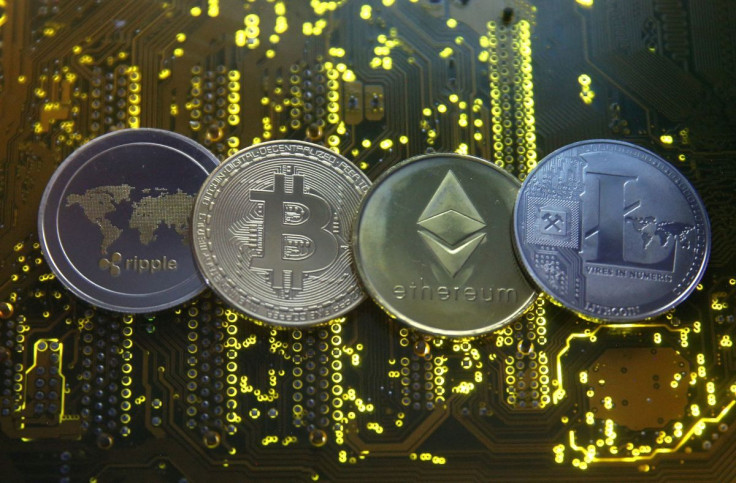Ripple Chief Legal Officer Discusses XRP Court Victory Impact On Coinbase, Binance SEC Battle

The case filed by the U.S. Securities and Exchange Commission against Ripple Labs is part of the financial regulator's crusade for jurisdiction over digital assets and crypto exchange platforms, which, due to the recent court ruling, could be rendered futile.
And while the cryptocurrency community is still speculating about the financial watchdog's possible appeal for the judgment, the landmark decision could also impact the ongoing cases the SEC filed against Coinbase and Binance, two of the world's largest centralized crypto exchanges, that received the commission's regulatory enforcement in June.
Ripple Labs' chief legal officer Stuart Alderoty said this week that the court's decision regarding the classification of XRP, the native token of the Ripple blockchain, as a security could potentially impact other ongoing cases with similar themes. This includes the lawsuit filed by the financial regulator against Coinbase and Binance.
"In our case, we have a clear statement that the trading of a digital token ... does not make a contract for an investment, and therefore there's no security .... I think that ruling will play well in the Coinbase case and ... equally well ... in the Binance case," Alderoty said on TechCrunch's Chain Reaction podcast.
The lawyer, citing the court ruling in the Ripple case, emphasized the importance of the relationship between buyers and sellers, which is crucial to security cases. He also predicted that the major Wall Street regulator will most likely lose in cases where it claims that assets are securities in their own right, as it would mean that the SEC does not have any authority over trades on crypto exchange platforms.
"The SEC should not be shocked and surprised when they're told that if something is not a security. They need to leave the conversation because they have no further role," Alderoty added.
30+ years as a lawyer, and crypto is, without a doubt, the most fascinating industry I’ve been a part of.
— Stuart Alderoty (@s_alderoty) July 25, 2023
Thank you @jacqmelinek for having me on to discuss what the lawsuit decision means, where the SEC has jurisdiction (and more importantly where it doesn’t), and much more. https://t.co/lozorZeTyL
"The S.E.C. ruling that XRP is not a security helps to provide some clarity on that definition - something that desperately needed to be done. Ideally, this case will help provide a framework for other blockchain companies looking to do business in the U.S. and help them avoid similar roadblocks of Ripple," Anthony Cerullo, chief communications strategist at Walbi, the AI-powered hybrid DeFi platform, told International Business Times.
According to the executive, the court ruling in the Ripple case has not only led to an increase in the prices of crypto assets, but is also beneficial for the overall well-being of the U.S. cryptocurrency industry.
"It's a huge win for the crypto industry. Not just for the obvious reason of market-wide price increases, but for the health of the crypto economy. The U.S. is in the midst of a 'Great Exodus' with crypto companies packing up for more favorable regulatory conditions abroad. However, if this is a sign of things to come and the S.E.C. opens its cold heart a little to blockchain technology, then that bodes well for the entire world," he further said.
As of 3:20 a.m. ET on Wednesday, XRP was trading at $0.700, with a 24-hour trading volume of $1,732,732,317. This represented a 0.40% increase in the last 24 hours and an 11.9% decrease over the past seven days. Based on the latest data from CoinMarketCap, XRP's total circulating supply stood at 52,664,942,014 XRP, and its value increased by 2.1%, with a market cap of $36,872,312,522.
© Copyright IBTimes 2024. All rights reserved.






















